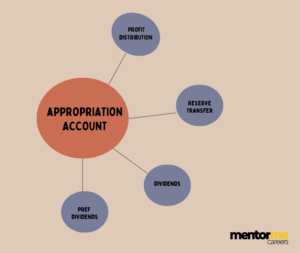Last updated on December 15th, 2022 at 11:39 am

Author: Sarthak Bhalerao
Table of Contents
- What is store value?
- Understanding store value
- Money as a store value
- Other examples of store value
What is store value?
A store of value is an asset or commodity that retains its purchasing power in the future. It maintains its value over a long period. If the item held gets converted into money in the future without a decrease in value, it is considered as a good store of value. Many commodities and assets are considered stores of value because of their durability, divisibility, and portability. Gold is considered as the ultimate asset since its store value does not deteriorate in an economic crisis.
Understanding Store Value
Any asset, currency, or commodity serves as a good store of value as they can be converted to another at a later time in the future. However, this is conditional as the store value depends on whether it can be saved, retrieved, and exchanged while maintaining its purchasing power. Risk aversion is the main concept behind the store of value. Gold and other precious metals are good stores of value because they yield utility due to their prolonged shelf life. These do not diminish in value. Internet-related assets may also qualify to be good stores of value as they generate income by keeping their purchasing power intact. Consumables like milk is a poor store of value as it is perishable, and it expires and ends up being worthless.
Money as a Store Value
Money is playing the role of a commodity for many years. It was used for trading like gold and a medium of exchange based on their intrinsic values, durability, and portability. Money has always had a universal function and its defining property is based on the function it performs. Money is used as a store value where it is used as a means of saving and allocating capital. It signifies the transfer of purchasing power from one entity to another. This is why it is considered as a store value. People maintain value when they hold money in their wallets until they want to purchase any goods or services. This also allows them to postpone the consumption to a later date. Large quantities of money are held because of their store value. In case of inflation or changes in price, the purchasing power reduces, and the cost is imposed on the holders of the money.
Other examples of Store Value
- Precious Metals:
Precious metals are used for many years by many economies to facilitate trading. Metals like gold, silver, and platinum serve as a store of value.
- Currency:
The government-issued legal tender and standard for debt repayment is a good store of value.
- Cryptocurrency:
Many economists consider cryptocurrencies such as bitcoin and Ethereum, as good stores of value. Their features – such as scarcity, divisibility, decentralized security network, and as a holder of transfer of value – make it a good store of value.




